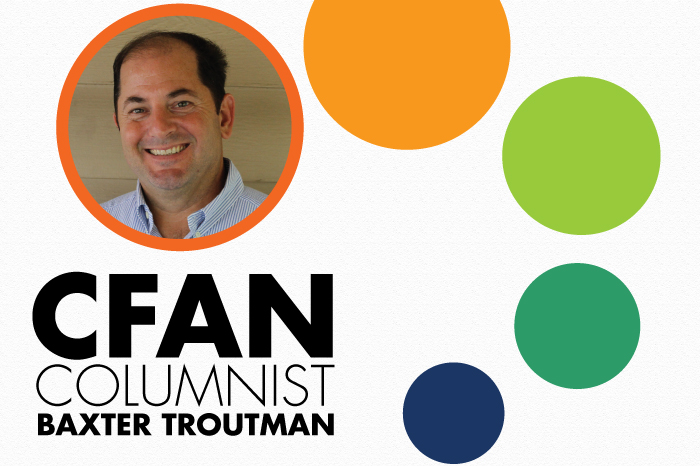No one in the field of agriculture has ever claimed that farming is easy, yet growers push on because it’s in their blood. Unfavorable weather conditions, variable yields, diseases, pests, and market fluctuations are nothing new. In fact, most Florida farmers effectively say, “Been there, done that.”
Florida growers are resilient and resourceful, well versed in the inherent and unavoidable challenges that make farming a gamble. But now the industry is in unfamiliar territory. Over the past two decades, greening has drained the lifeblood from the citrus industry. As the losses mount, growers are faced with devastating decisions: close the door on generations of blood, sweat and tears, or cling to hope of a solution to HLB.
There’s an option that walks the fine line between holding on for hope and selling out to development. I touched on it in one of my Central Florida Ag News columns more than a year ago. The only difference is that now, after months upon months of sliding forecasts, more citrus growers are reaching the hold-them or fold-them point. I know I’m not the only landowner getting letters and calls daily from developers greedy for my land.
To those who can afford to hold on to their land a little longer, I’d encourage a good, hard look at growing something different on their land — like protein — until there’s a substantial enough way to co-exist with greening. This would effectively “park” your greenbelt extension so you don’t lose it.
Sure, there would be modifications to your property. Depending on how motivated a landowner is, it could take a minimum of a year for the conversion. You’d have to fence it, convert the irrigation to be more suitable for forage and grasses, and — of course — get the livestock. Thankfully, UF/IFAS offers a world of guidance on all of those topics and more.
I’m not suggesting permanent change, just a bridge over troubled water and an alternative way to fend off the encroaching rooftops and urban sprawl. Once you sell to a developer, you are cementing the future of that land.
Once there’s development, there’s no going back to citrus.

